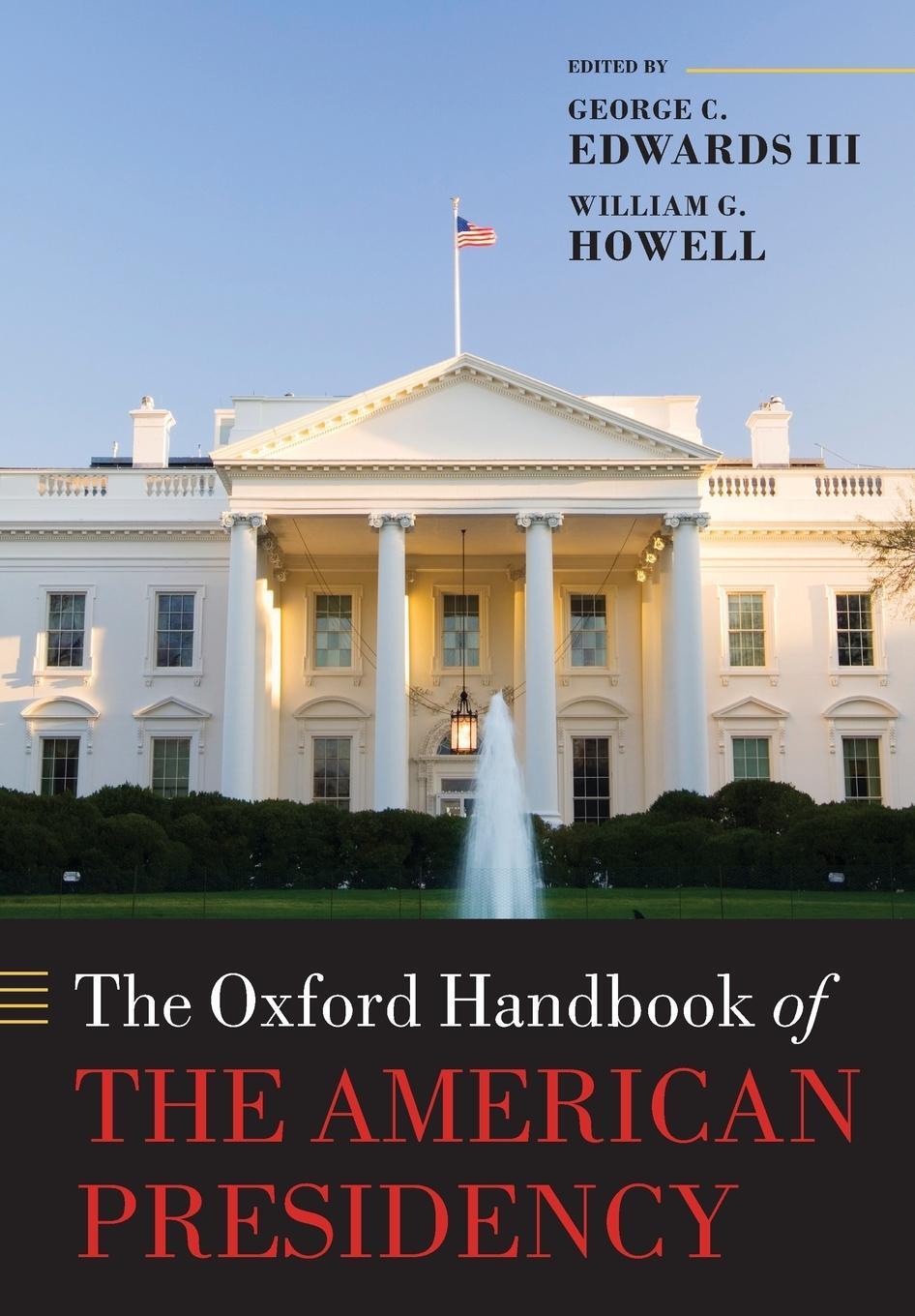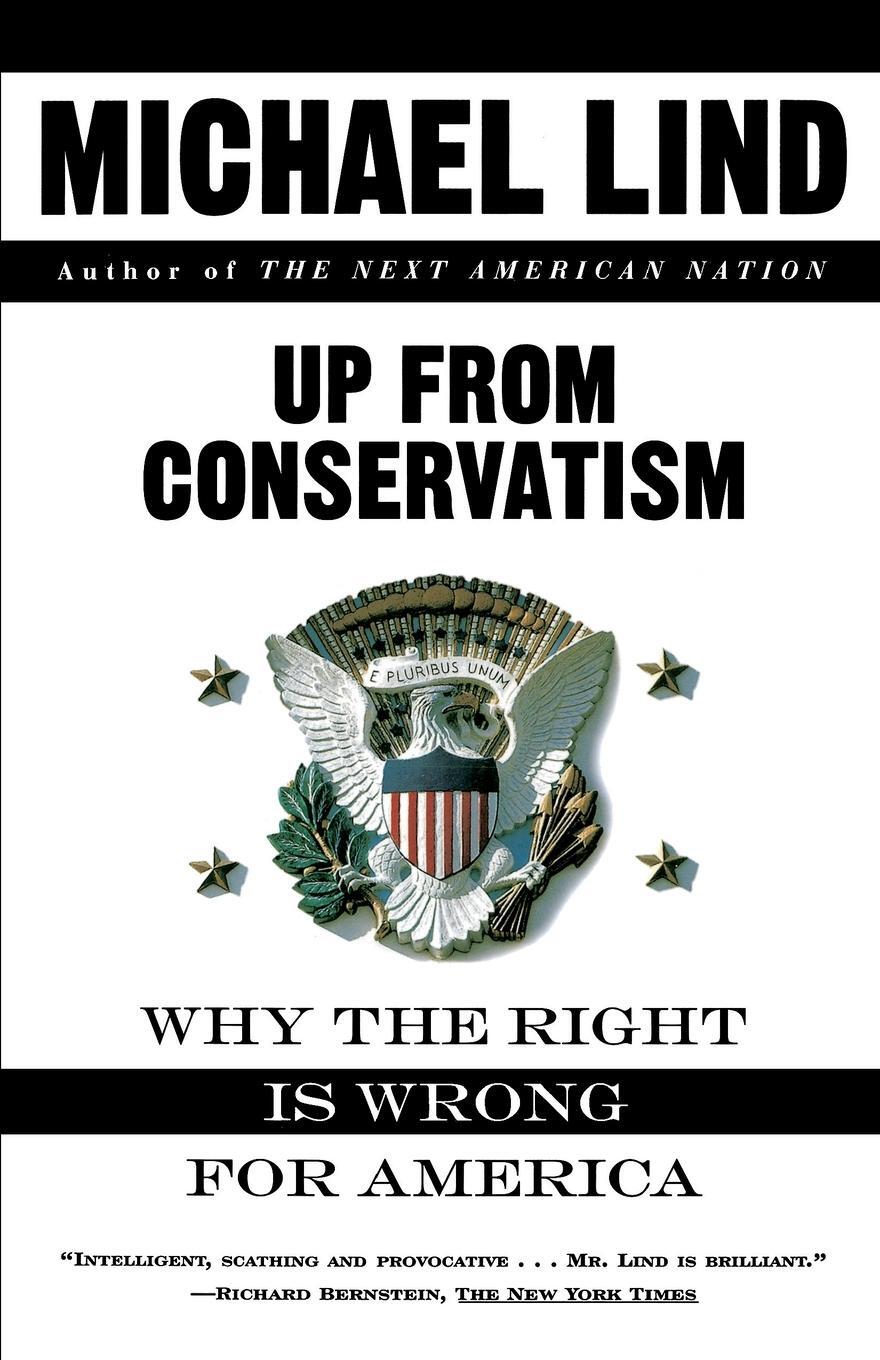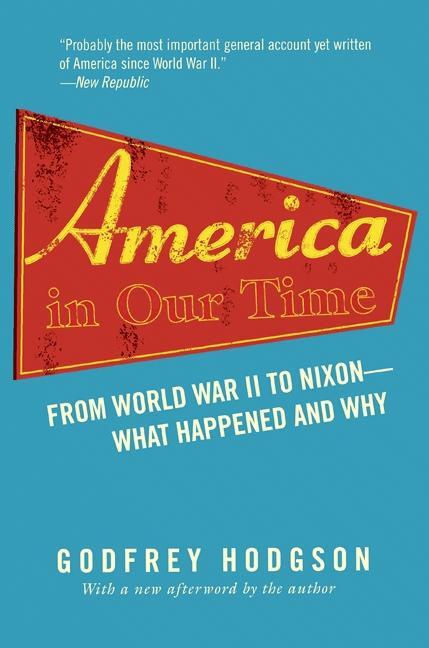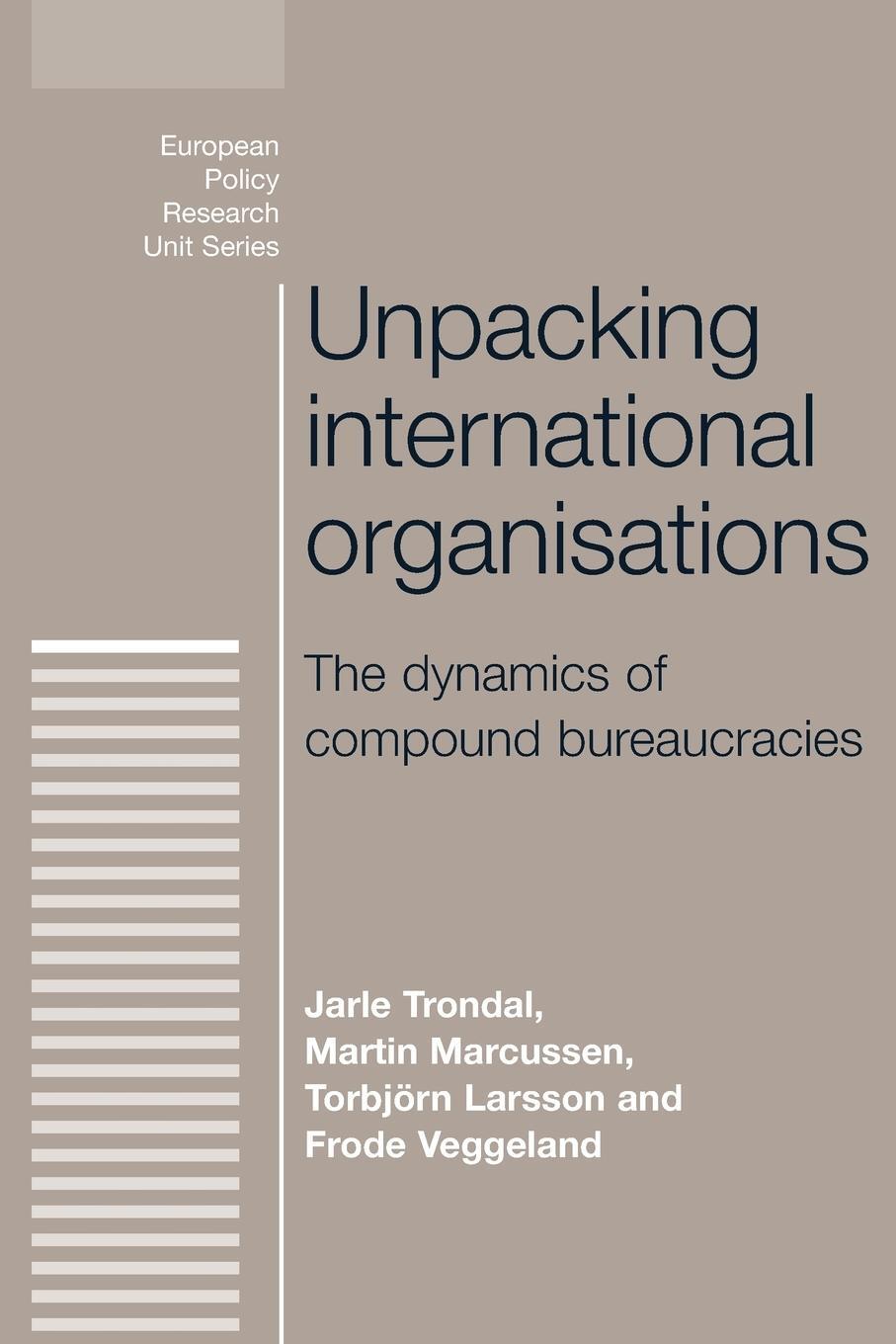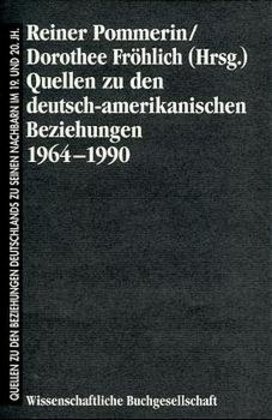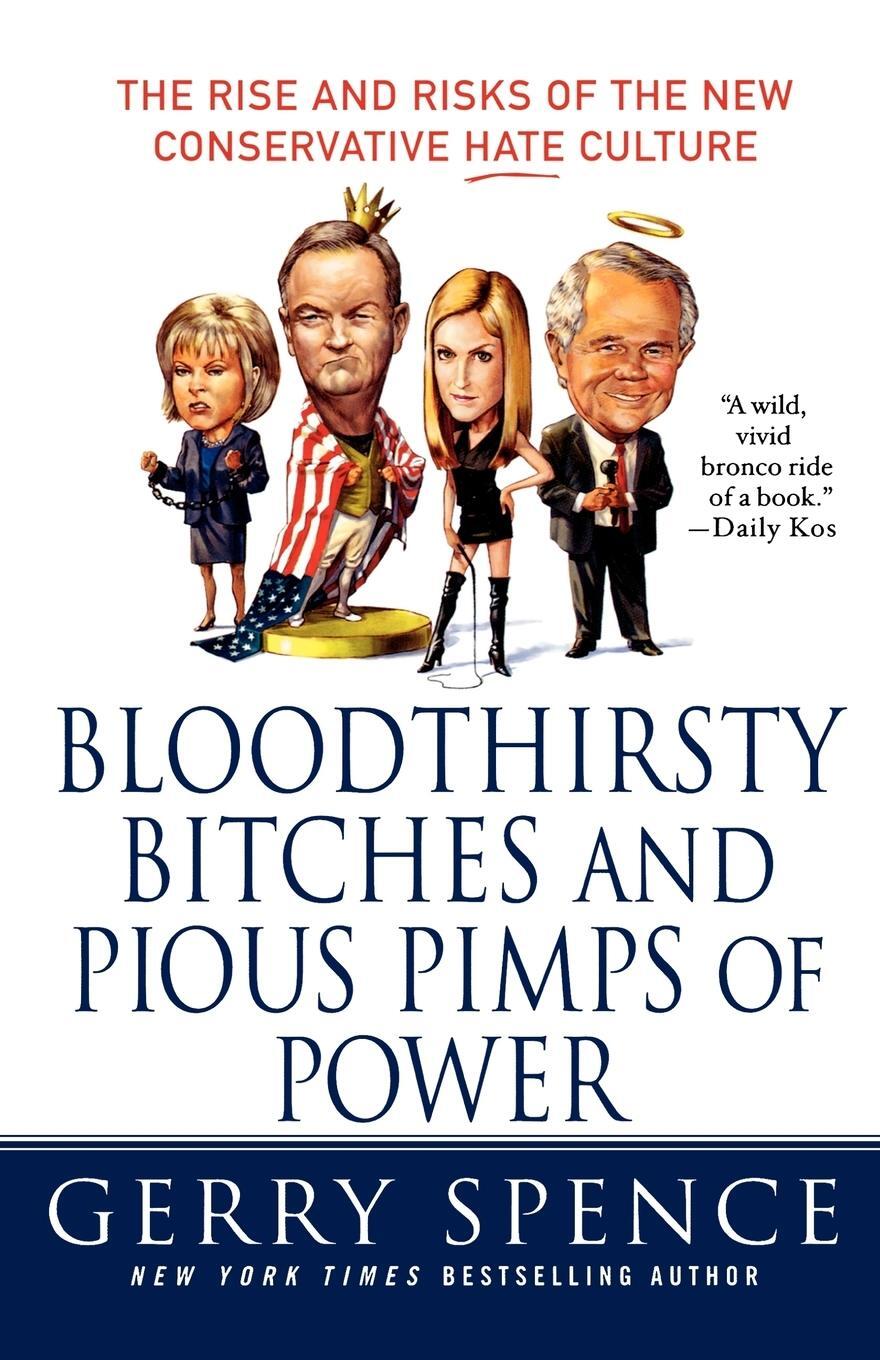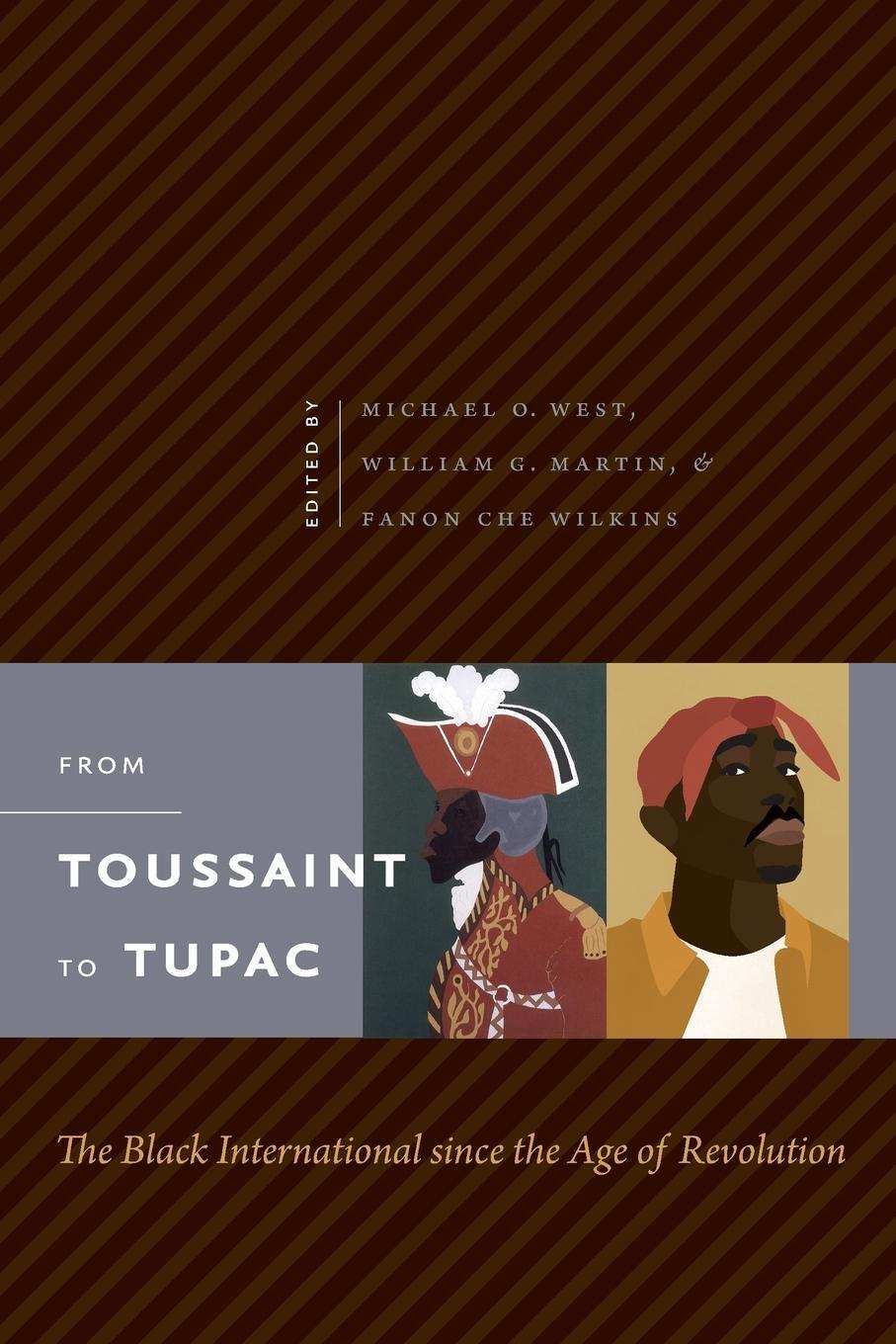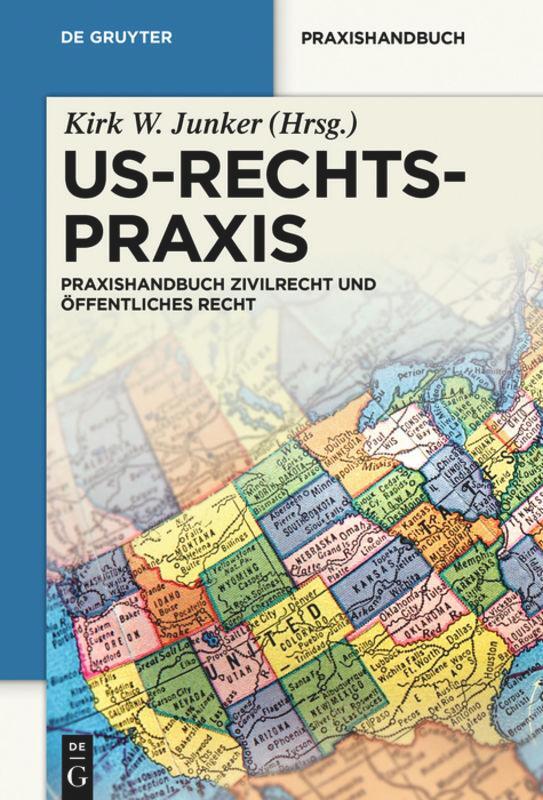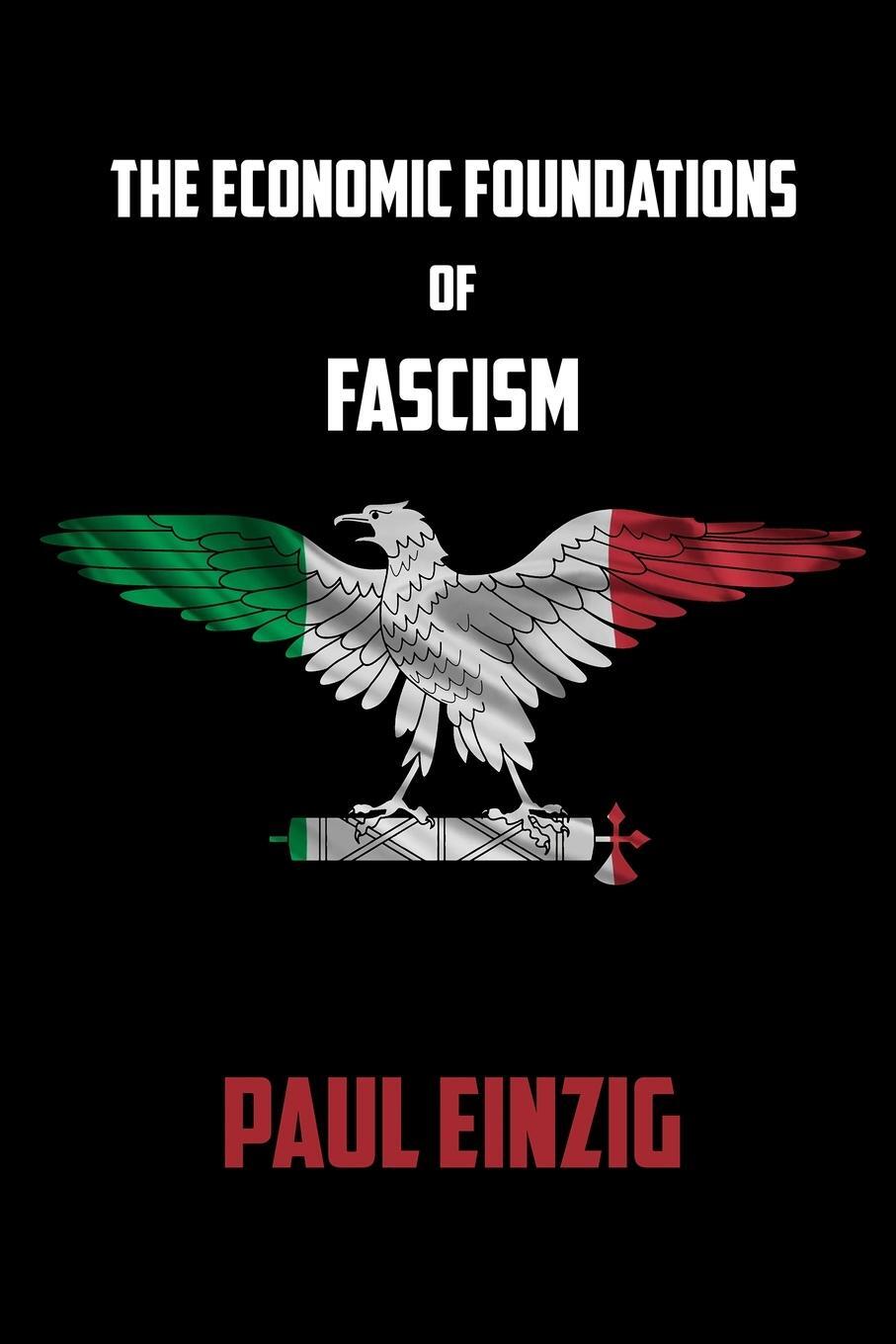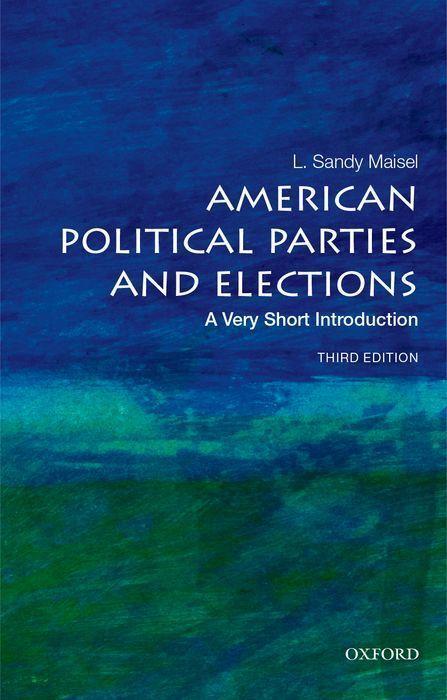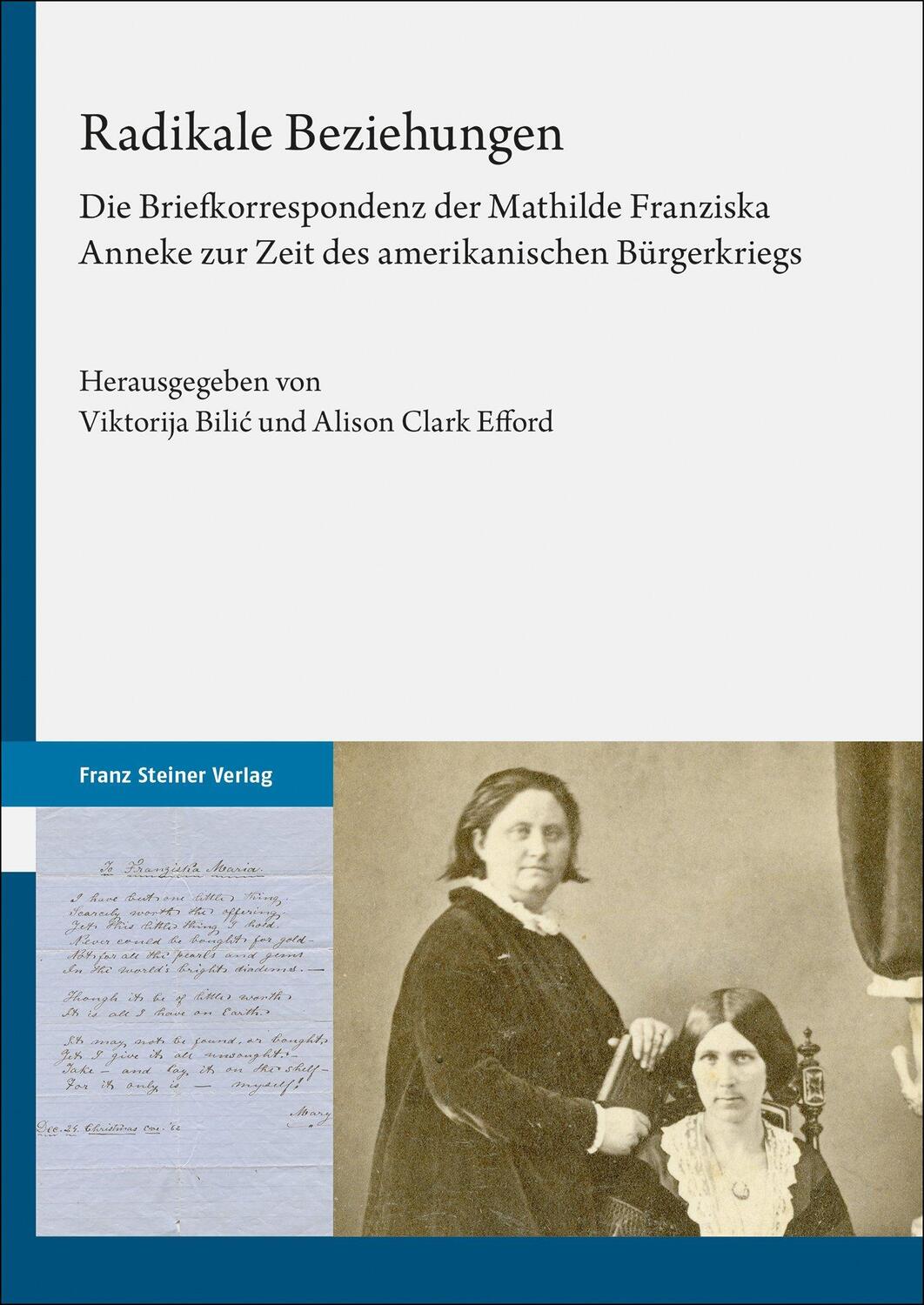Dekorationsartikel gehören nicht zum Leistungsumfang.
Sprache:
Englisch
54,25 €*
Versandkostenfrei per Post / DHL
Lieferzeit 1-2 Wochen
Kategorien:
Beschreibung
As the central feature on the American political landscape, it is only natural that scholars and commentators focus on the presidency. So much is written about the subject, in fact, that it is often difficult to know where we stand in our understanding of it. The Oxford Handbook of the American Presidency will help scholars assess the state of scholarship on the presidency and the directions in which it needs to move. Never before has the academic literature on the American presidency received such an extended treatment. Nearly three dozen chapters critically assess both the major contributions to a literature on a dimension of the presidency and the ways in which the literature has developed. The authors of each chapter seek to identify weaknesses in the existing literature- be they logical flaws, methodological errors, oversights, or some combination therein-and to offer their views about especially productive lines of future inquiry. Equally important, the authors also identify
As the central feature on the American political landscape, it is only natural that scholars and commentators focus on the presidency. So much is written about the subject, in fact, that it is often difficult to know where we stand in our understanding of it. The Oxford Handbook of the American Presidency will help scholars assess the state of scholarship on the presidency and the directions in which it needs to move. Never before has the academic literature on the American presidency received such an extended treatment. Nearly three dozen chapters critically assess both the major contributions to a literature on a dimension of the presidency and the ways in which the literature has developed. The authors of each chapter seek to identify weaknesses in the existing literature- be they logical flaws, methodological errors, oversights, or some combination therein-and to offer their views about especially productive lines of future inquiry. Equally important, the authors also identify
Über den Autor
George C. Edwards III is a leading scholar of the presidency, he has written or edited 23 books on American politics and public policy making. He is also editor of Presidential Studies Quarterly and general editor of The Oxford Handbook of American Politics series. Professor Edwards has served as president of the Presidency Research Section of the American Political Science Association, which has named its annual dissertation prize in his honor and awarded him its Career Service Award. He is Distinguished Professor of Political Science at Texas A&M University and holds the Chair in Presidential Studies.
William Howell has written widely on separation-of-powers issues and American political institutions, especially the presidency. His recent research examines how domestic political institutions constrain the president's ability to exercise military force abroad. Before coming to the Harris School, Howell taught in the government department at Harvard University and the political science department at the University of Wisconsin. In 2000, he received a Ph.D. in political science from Stanford University. He is Associate Professor in the Harris School of Public Policy at the University of Chicago.
William Howell has written widely on separation-of-powers issues and American political institutions, especially the presidency. His recent research examines how domestic political institutions constrain the president's ability to exercise military force abroad. Before coming to the Harris School, Howell taught in the government department at Harvard University and the political science department at the University of Wisconsin. In 2000, he received a Ph.D. in political science from Stanford University. He is Associate Professor in the Harris School of Public Policy at the University of Chicago.
Inhaltsverzeichnis
- 1: George C. Edwards III and William G. Howell: Introduction
- Approaches to Studying the Presidency
- 2: William G. Howell: Quantitative Approaches to the Study of the Presidency
- 3: Brandice Canes-Wrone: Game Theory and the Study of the American Presidency
- 4: Scott C. James: Historical Institutionalism, Political Development, and the Presidency
- Precursors to Governance
- 5: James P. Pfiffner: Presidential Transitions
- 6: B. Dan Wood: Presidents and the Political Agenda
- The Public Presidency
- 7: Dennis M. Simon: Public Expectations of the President
- 8: James N. Druckman and Lawrence R. Jacobs: Presidential Responsiveness to Public Opinion
- 9: George C. Edwards III: Leading the Public
- 10: Terri Bimes: Understanding the Rhetorical Presidency
- 11: Paul Gronke and Brian Newman: Public Evaluations of Presidents
- 12: Jeffrey E. Cohen: The Presidency and the Mass Media
- The Legislative Presidency
- 13: David W. Rhode and Meredith Barthelemy: The President and Congressional Parties in an Era of Polarization
- 14: Stephen J. Wayne: Legislative Skills
- 15: George C. Edwards III: Presidential Approval as a Source of Influence in Congress
- 16: John J. Coleman and David C. W. Parker: The Consequences of Divided Government
- 17: Burdett A. Loomis: Connecting Interest Groups to the Presidency
- Unilateral Action
- 18: Kenneth R. Mayer: Going Alone: The Presidential Power of Unilateral Action
- 19: Richard M. Pious: Prerogative Power and Presidential Politics
- 20: Richard W. Waterman: Assessing the Unilateral Presidency
- Decision-Making
- 21: John P. Burke: Organizational Structure and Presidential Decision-Making
- 22: Karen M. Hult and Charles E. Walcott: Influences on Presidential Decision-Making
- 23: Stephen G. Walker: The Psychology of Presidential Decision-Making
- Implementing Policy
- 24: Robert F. Durant and William G. Resh: Presidential Agendas, Administrative Strategies, and the Bureaucracy
- 25: Anne M. Khademian: The Presidency-Bureaucracy Nexus: Examining Competence and Responsiveness
- Judicial Relations
- 26: Lee Epstein and Jeffrey A. Segal: Nominating Federal Judges and Justices
- 27: Keith E. Whittington: Judicial Checks on the President
- International Politics
- 28: Douglas L. Kriner: Presidents, Domestic Politics, and the International Arena
- 29: Jon C. Pevehouse: Presidents and International Cooperation
- 30: William G. Howell and Tana Johnson: War's Contributions to Presidential Power
- Reflections
- 31: Stephen Skowronek: The Paradigm of Development in Presidential History
- 32: Hugh Heclo: Whose Presidency Is This Anyhow?
- 33: Louis Fisher: Political Scientists and the Public Law Tradition
- 34: George C. Edwards III: The Study of Leadership
Über den Autor
George C. Edwards III is a leading scholar of the presidency, he has written or edited 23 books on American politics and public policy making. He is also editor of Presidential Studies Quarterly and general editor of The Oxford Handbook of American Politics series. Professor Edwards has served as president of the Presidency Research Section of the American Political Science Association, which has named its annual dissertation prize in his honor and awarded him its Career Service Award. He is Distinguished Professor of Political Science at Texas A&M University and holds the Chair in Presidential Studies.
William Howell has written widely on separation-of-powers issues and American political institutions, especially the presidency. His recent research examines how domestic political institutions constrain the president's ability to exercise military force abroad. Before coming to the Harris School, Howell taught in the government department at Harvard University and the political science department at the University of Wisconsin. In 2000, he received a Ph.D. in political science from Stanford University. He is Associate Professor in the Harris School of Public Policy at the University of Chicago.
William Howell has written widely on separation-of-powers issues and American political institutions, especially the presidency. His recent research examines how domestic political institutions constrain the president's ability to exercise military force abroad. Before coming to the Harris School, Howell taught in the government department at Harvard University and the political science department at the University of Wisconsin. In 2000, he received a Ph.D. in political science from Stanford University. He is Associate Professor in the Harris School of Public Policy at the University of Chicago.
Inhaltsverzeichnis
- 1: George C. Edwards III and William G. Howell: Introduction
- Approaches to Studying the Presidency
- 2: William G. Howell: Quantitative Approaches to the Study of the Presidency
- 3: Brandice Canes-Wrone: Game Theory and the Study of the American Presidency
- 4: Scott C. James: Historical Institutionalism, Political Development, and the Presidency
- Precursors to Governance
- 5: James P. Pfiffner: Presidential Transitions
- 6: B. Dan Wood: Presidents and the Political Agenda
- The Public Presidency
- 7: Dennis M. Simon: Public Expectations of the President
- 8: James N. Druckman and Lawrence R. Jacobs: Presidential Responsiveness to Public Opinion
- 9: George C. Edwards III: Leading the Public
- 10: Terri Bimes: Understanding the Rhetorical Presidency
- 11: Paul Gronke and Brian Newman: Public Evaluations of Presidents
- 12: Jeffrey E. Cohen: The Presidency and the Mass Media
- The Legislative Presidency
- 13: David W. Rhode and Meredith Barthelemy: The President and Congressional Parties in an Era of Polarization
- 14: Stephen J. Wayne: Legislative Skills
- 15: George C. Edwards III: Presidential Approval as a Source of Influence in Congress
- 16: John J. Coleman and David C. W. Parker: The Consequences of Divided Government
- 17: Burdett A. Loomis: Connecting Interest Groups to the Presidency
- Unilateral Action
- 18: Kenneth R. Mayer: Going Alone: The Presidential Power of Unilateral Action
- 19: Richard M. Pious: Prerogative Power and Presidential Politics
- 20: Richard W. Waterman: Assessing the Unilateral Presidency
- Decision-Making
- 21: John P. Burke: Organizational Structure and Presidential Decision-Making
- 22: Karen M. Hult and Charles E. Walcott: Influences on Presidential Decision-Making
- 23: Stephen G. Walker: The Psychology of Presidential Decision-Making
- Implementing Policy
- 24: Robert F. Durant and William G. Resh: Presidential Agendas, Administrative Strategies, and the Bureaucracy
- 25: Anne M. Khademian: The Presidency-Bureaucracy Nexus: Examining Competence and Responsiveness
- Judicial Relations
- 26: Lee Epstein and Jeffrey A. Segal: Nominating Federal Judges and Justices
- 27: Keith E. Whittington: Judicial Checks on the President
- International Politics
- 28: Douglas L. Kriner: Presidents, Domestic Politics, and the International Arena
- 29: Jon C. Pevehouse: Presidents and International Cooperation
- 30: William G. Howell and Tana Johnson: War's Contributions to Presidential Power
- Reflections
- 31: Stephen Skowronek: The Paradigm of Development in Presidential History
- 32: Hugh Heclo: Whose Presidency Is This Anyhow?
- 33: Louis Fisher: Political Scientists and the Public Law Tradition
- 34: George C. Edwards III: The Study of Leadership
Warnhinweis

